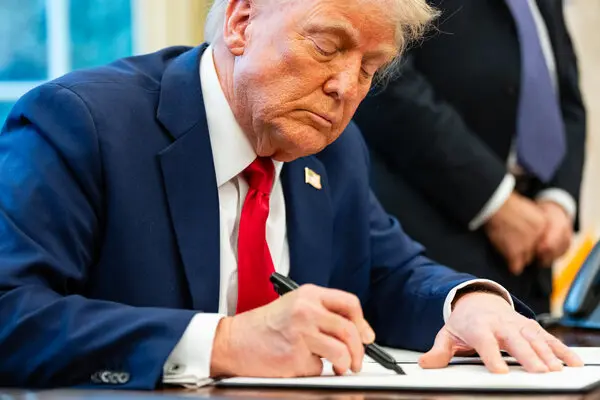
In a move to strengthen national security and economic independence, the Trump administration has announced a set of new investment restrictions, aimed at limiting foreign control over critical American industries. These restrictions are primarily focused on technology, manufacturing, infrastructure, and national defense sectors.
The new policy will expand the role of the Committee on Foreign Investment in the United States (CFIUS), ensuring stricter oversight on foreign acquisitions. It specifically targets nations that pose economic or security risks, including China, Russia, and other strategic competitors.
Strengthening National Security
Protecting U.S. Jobs & Economy
Targeting Investments from Adversarial Countries
Encouraging Allied Investments
The new restrictions are expected to reduce overall foreign direct investment (FDI) in the U.S., especially in high-tech industries.
The policy could lead to increased tensions between the U.S. and nations affected by the restrictions, potentially triggering retaliatory investment bans or trade disputes.
China’s Ministry of Commerce has strongly opposed the restrictions, calling them "discriminatory and protectionist." Officials warned of economic consequences and potential trade countermeasures against U.S. firms operating in China.
Russian economic officials criticized the policy, arguing that the U.S. is weaponizing investment laws to control global trade and limit economic competition.
Share This News